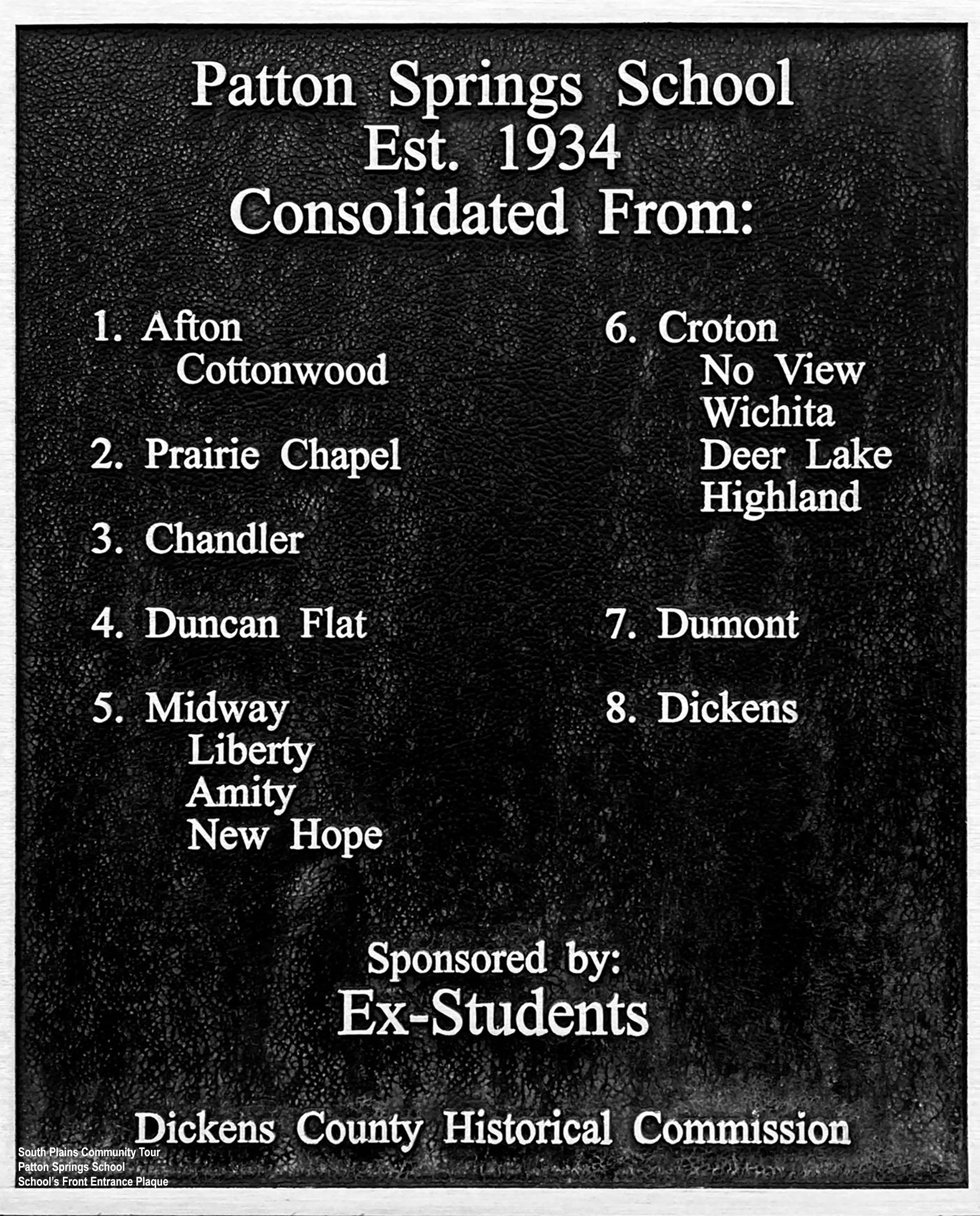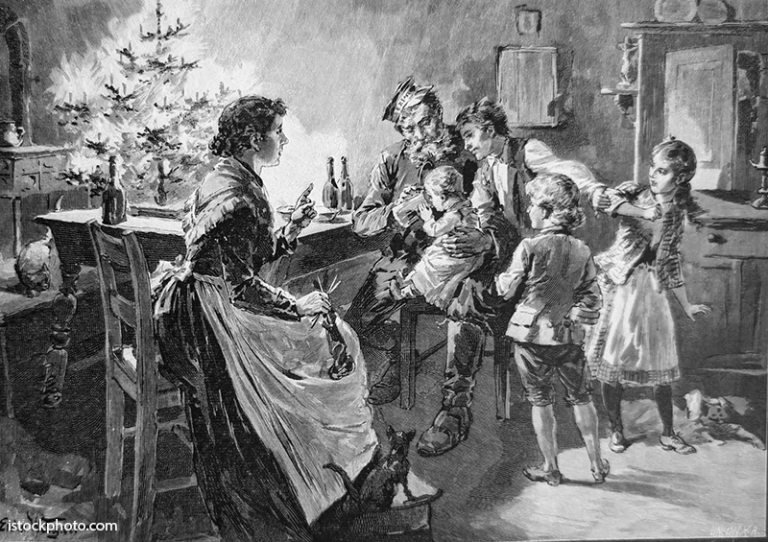
Seventh in a series on what to look for in college.
Patton Springs ISD in Afton, Texas, had 96 students for the 2017-2018 school year. It is small. It is old—established in 1910, the same year West Texas A&M University was opened. On October 9, 1933, a group of schools voted to consolidate to form the New Common School #22: Afton (Chandler had already joined with Afton), Duncan Flat, Midway (which included the former McCarty, Amity, and Liberty schools) and Croton (which included Highland). The 20 acres on which it was established were squeezed out of the Matador Land and Cattle Company, and in 1935-1936 the school had 419 students and 15 teachers. The people of Patton Springs.
There were no standardized tests and no requirements from the state, and no child was left behind. How could a child be left behind? The school, its staff, its students and the families from which they sprang would not allow anyone to be left behind. They were neighbors. Family. People. The school was owned and operated by the community for the community, according to the Patton Springs Rangers website.
The school is poor in material accouterments. Its nice wood floors that are meticulously kept were probably installed at the direction of S. B. Haynes, the architect from Lubbock employed to design the building. It is theirs; it came from a voluntary, locally driven consolidation which was intended to serve the people of the region. It was not politics that drove the relationship. It was a shotgun marriage; a means to do what was right and to serve the area. It was not power, but politics determined by a committee of the whole and local sovereignty at work through people who lived and had needs there. It was not a grand plan from the distant capitol of a state or nation configured by someone who had never dipped a toe in Patton Springs.
Small districts with a local determination of input and outcomes are powerfully built on the backs of people.
There are commonly recognized positive effects related to small schools and the reduced class sizes associated with them. Attendance, dropout rates and behavioral issues usually improve in smaller school settings. Many of the small school settings such as Patton Springs, covering larger, widely dispersed geographic areas lead to longer bus rides, unlike neighborhood schools in more densely populated areas. The idea that all small schools are similar is misplaced. Varied school cultures exist where the entire district, pre-k through high school, totals less than 200 or even 100 students. No two are the same, and they struggle mightily to make ends meet in service to student, family and community. People.
A 2014 study published by The Texas Education Agency looked at the consequences of school district consolidation in major metropolitan areas. This investigation showed that as districts grew so would bureaucratic processes. As bureaucracies increase in size, effectiveness eventually evaporates as costs escalate. Focus in large organizations becomes directed more toward process rather than people. Presumed efficiencies of operation rule rather than the love required to nurture young people in learning one-at-a-time.
Many smaller schools appear to be “loose” on the process side of the equation. However, individual attention of teachers and school leaders may enable an orderly and disciplined environment based on relationships rather than rules.
It is clear that the consolidations of nearly a century ago near Patton Springs led to a small but seemingly well-functioning, if imperfect, rural school. These consolidations were driven by local forces of economy and a critical mass that resulted in “right-sized” schools that serve people in communities like those in Guthrie, Paducah, Motley County, Meadow or another purposeful consolidation, Wellman-Union. The can’t-hide-in-the-shadows, face-to-face contact demanded in smaller schools, driven by local forces and real people, may be the most important factor in determining educational quality.
When considering college, try to find one that pays more attention to people than procedures or policies. If you sense that politics of people rule rather than politics of process, that’s a college that deserves a careful look.
Walter V. Wendler is President of West Texas A&M University. His weekly columns are available at http://walterwendler.com/.






